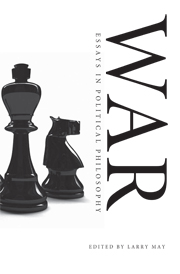13 - Amnesties and International Law
Published online by Cambridge University Press: 05 June 2012
Summary
An amnesty is granted when an individual or group of individuals is given immunity, typically before being put on trial or convicted. It is important to think systematically about when amnesties should be granted (and respected by the international community) because a country's use of amnesties can dramatically affect its capacity to pursue justice, reconciliation, peace, and stability.
There are at least three distinct questions regarding amnesties: (1) Under what conditions is it rational to grant amnesties? (2) Under what conditions is it morally permissible to grant an amnesty? and (3) Under what conditions must the international community respect amnesties granted by individual domestic governments? I will address each of these questions here, commenting most extensively on the last.
When Is It Rational to Offer Amnesty?
Ideally, one would like a policy on amnesties that both maximizes justice and establishes the appropriate incentive structure for all the relevant parties, especially military and political leaders. It is not clear that such a policy exists, however, because often we must choose between securing retributive justice or paving the way toward future peace and stability. Consider the case of a country ruled by a dictator, for instance. What should this country do if its tyrant agrees to relinquish power on the condition that she and her associates are granted complete immunity for any crimes committed while in power? If the citizens want retributive justice, presumably they should not pardon the ruler.
- Type
- Chapter
- Information
- WarEssays in Political Philosophy, pp. 249 - 265Publisher: Cambridge University PressPrint publication year: 2008
- 1
- Cited by

